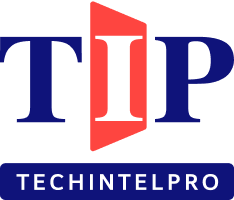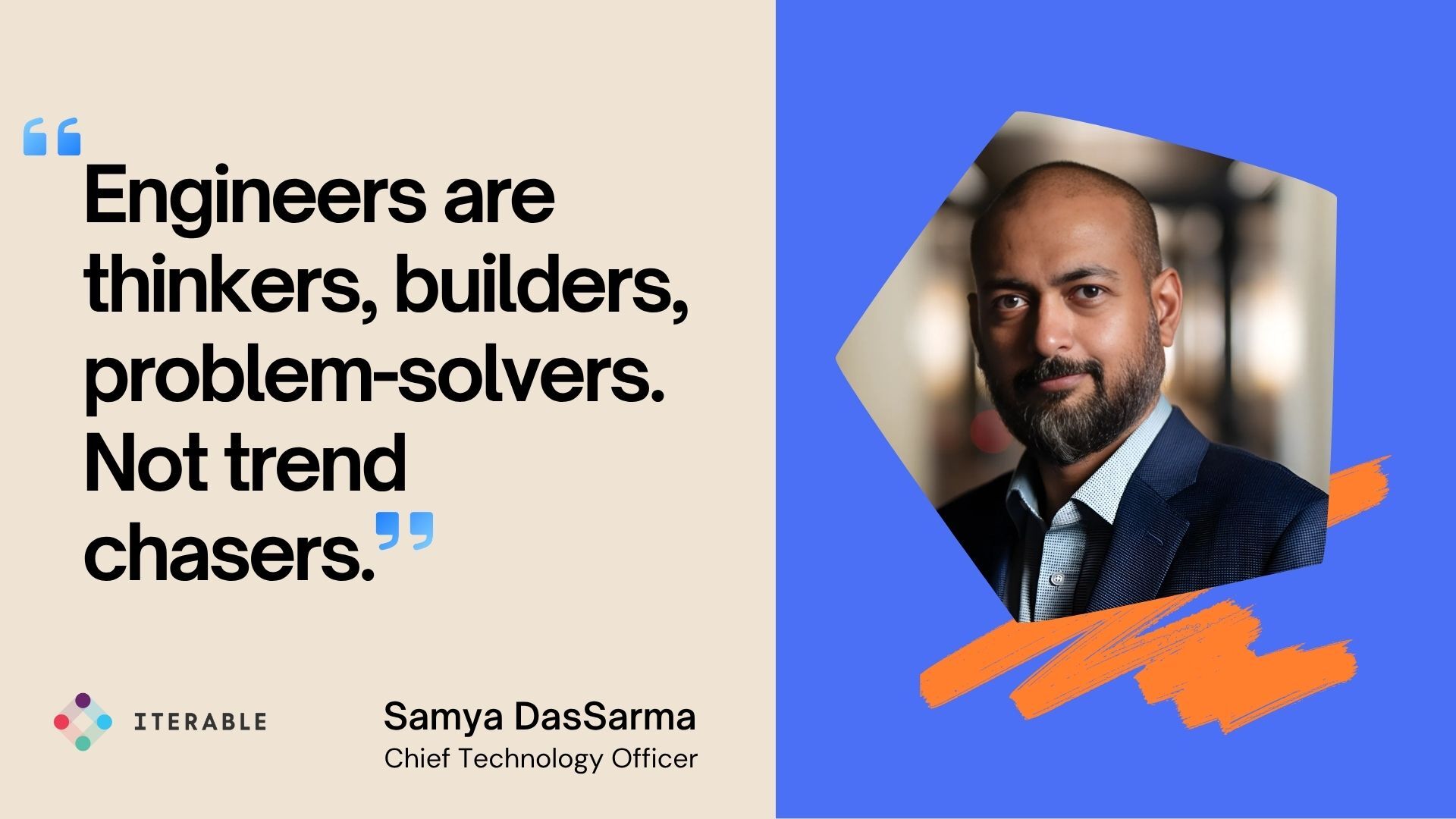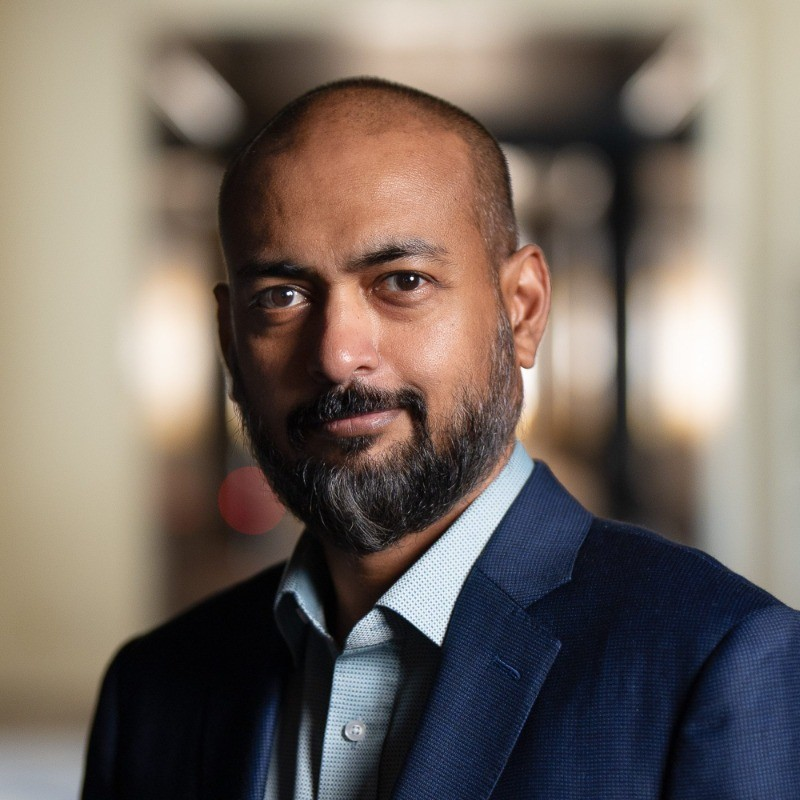Not a week goes by without someone asking me: "Are you hiring AI engineers?"
And my honest response? "No, I’m hiring smart engineers who can become AI engineers."
Let me explain.
Labels Are Lazy
I’ve been in engineering for over two decades. I remember developing in assembly language—what would take six months back then, I can now do in Java or Python in a fraction of the time. Every new wave of technology brought with it new tools, new abstractions, and yes, new buzzwords.
But here's what never changed: Great engineers adapted.
We didn’t have “mobile engineers” before iOS or Android. We had web engineers, systems engineers, backend developers—smart, curious people who learned how to build for a new platform. They became mobile engineers. Because that’s what engineers do: they evolve.
This current wave of “AI engineers” is the same. There’s no new species being born. There are just adaptable minds moving into new terrain.
Stop Hiring Labels. Start Investing in Talent.
When I hire, I’m not scanning resumes for a narrow list of AI acronyms. I’m asking:
- Can this person learn fast?
- Can they solve ambiguous problems?
- Can they build trust in a team that ships?
If the answer is yes, they can become an AI engineer. Or a mobile engineer. Or whatever the next thing is.
Labeling someone an “AI engineer” right now feels like slapping a sticker on a toolbox. It’s not only premature—it’s reductive. Engineers are thinkers, builders, problem-solvers. Not trend chasers.
You don’t “buy” AI talent off the shelf. You build it in-house. You create a culture of experimentation, you invest in continuous learning, and you give your team permission to explore. That’s how we’ve always done it at Iterable. And it works.
I’ve Seen This Movie Before
When the cloud took off, everyone was looking for “cloud engineers.” When mobile exploded, we needed “iOS ninjas.” Now it’s AI. And in five years, it’ll be something else.
It’s a pattern.
The engineers who thrived through all of that weren’t the ones with the perfect titles. They were the ones who understood systems, asked good questions, and stayed uncomfortable in the best way possible. They didn’t wait for the wave to pass—they learned how to surf.
I’ve built teams around that mindset for years. I don’t care if someone hasn’t worked with LLMs before. If they can break down problems, learn new paradigms, and work shoulder-to-shoulder with product and design, they’re in.
AI Isn’t Replacing Engineers. It’s Refactoring Them.
Let’s be clear: I’m excited about AI. I’m using it. My teams are using it. We’ve got engineers turning product specs into functioning code in minutes using AI tools. That’s real. That’s happening now.
But the productivity leap doesn’t mean engineers become obsolete. It means they become faster and more expressive. Think of it like going from assembly to Java, or from writing everything by hand to using an IDE. It’s another abstraction. It’s another interface. Not a replacement.
If anything, engineers are more important now than ever because they’re the ones deciding how these tools get used, how they’re tested, and how we stay responsible with them.
Final Thought: I Hire for Potential, Not Headlines
If you're obsessing over hiring "AI engineers," I’d challenge you to look deeper. Are you solving for optics—or outcomes?
At Iterable, I hire A-players who I know can rise to any challenge. Not because they’ve done the thing before, but because they know how to learn. I hold them to a high bar because I respect them. And I push them, because I want them to be even greater than they were yesterday.
AI doesn’t scare me. And it shouldn’t scare you. It’s just the next terrain we’re going to master together.
So no—we’re not out there hunting unicorns. We’re building them.



